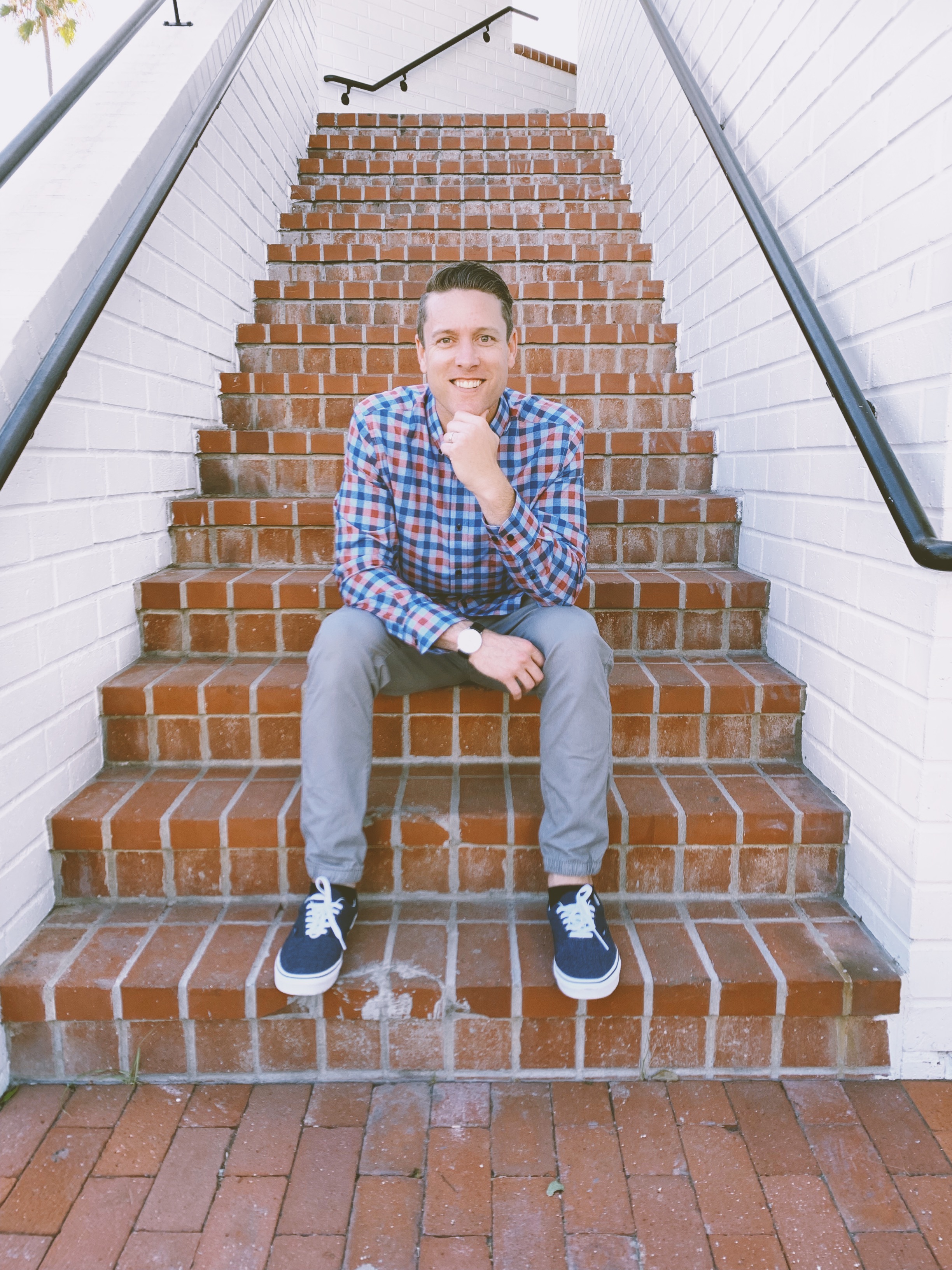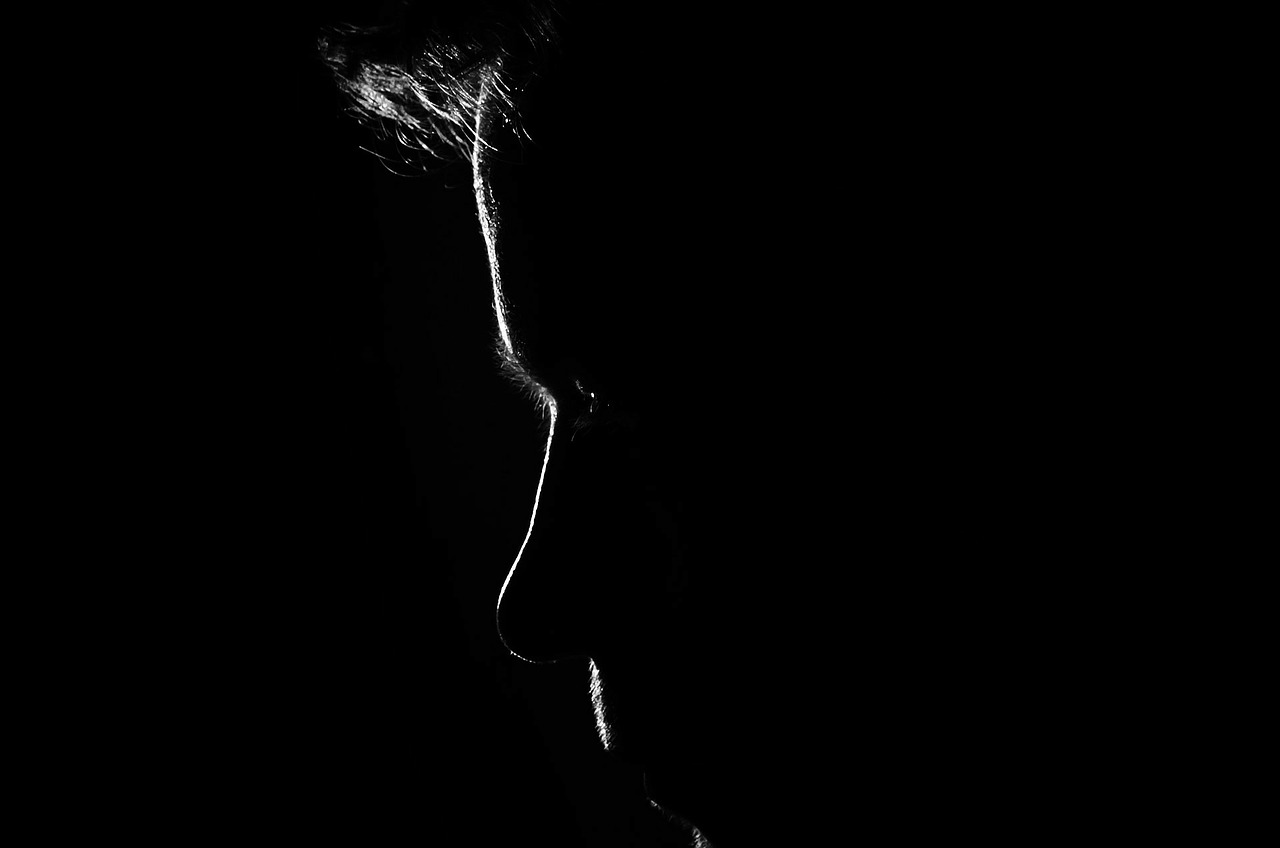I spent far too long attempting to outperform my mental health. It began innocently enough, born in 1979, my adolescence in remote Northern California was void of the infrastructure or awareness pertaining to mental health. In fact, my first experience with anyone attempting to address my depleted mental state occurred in college in 1999 when a primary care physician supplied me with an antidepressant prescription, but made no mention of seeing a therapist.
In high school, I checked many of the boxes typically associated with a vibrant, stable, high-performing teenager. I earned high grades, Varsity letters, roles in theater productions, and logged hundreds of community service hours. Externally, these activities were the standard operating procedure, yet internally, they were mere attempts to outrun and outperform my depression. I understand now that my ability to perform at high levels while simultaneously suffering at high levels was driven by an innate fight or flight survival skill. Be like others and you will feel like others, I rationalized. It was logical in theory, actionable in practice, yet deeply inefficient in yielding results.
Superficial and tangible success metrics in high school ultimately and flawlessly led to college admissions. At just seventeen years old, I transferred my high-performance/deep-depression duality to a small liberal arts college in Oregon where I continued to engage in both of these domains. This time, however, my high-performance shifted from educational to social, leaving behind long hours in the library to long hours of socializing and partying. Though contextually opposite, the high-performance aspect of my partying was simply another manifestation of my futile attempt to outrun and outperform my mental health.
As a young adult, I began my career in education as a middle school teacher. It was then, in my mid-to-late twenties when I began to explore the potential of looking internally rather than relying on external success indicators to gauge my wellness and worth in the world. I dabbled in therapy, yet with a doubtful foot in the door with each session. And although I became equipped with information and pathways toward better mental health, I cowardly retreated to my comfort zone. I began piling on adjunct duties and sought refuge behind the rationalization that if I did x,y, and z, my mental health would soon work itself out. This promotion will help; this pay raise will do the trick; this recognition will be the gamechanger…all lies I told myself to buy time, and all examples of a lifelong attempt to externally manage my depression. As the reality of my failure to outrun depression solidified, alarmingly high levels of alcohol were employed to stave off my pain.
Finally, tired and exhausted by the camouflage of my external success indicators and the darkness within my heart — I decided I was done trying to outrun my depression. Despite having already embarked on the process, I finally arrived not just in person, but also in spirit and practice to therapy. For me, cognitive behavioral therapy was ideal; my therapist guided me through what would become years of formative pathways toward vibrancy and balance. Cognitive behavioral therapy led to Eye Movement Desensitization and Reprocessing therapy (EMDR), to sobriety, to Alcoholics Anonymous (AA), and to a more open, honest and transparent approach to living with depression. This required a vulnerability that had rarely seen the light of day. It was an investment of time, money, and ego. I had to schedule time around my life as a professional, father and husband to arrive at results, but those countless hours of intentional efforts have made me better in each of those categories. Today, I live a life that I never imagined I would live — and that I previously never felt I deserved to live. But I do; and so do you.
Depression was something I attempted to hide for years. And trying to outrun and outperform it nearly killed me. Don’t let this be you. And if it is you, don’t let it be tomorrow’s you. If you are struggling with depression or addiction like I was, I implore you to take the first step in a new direction — and begin to confront the shadows you’ve been trying to evade. Text a friend, call a family member, utilize a hotline, attend a meeting, schedule an appointment with a clinician. Whatever it is, be courageous. The world deserves you — and you deserve this world.


